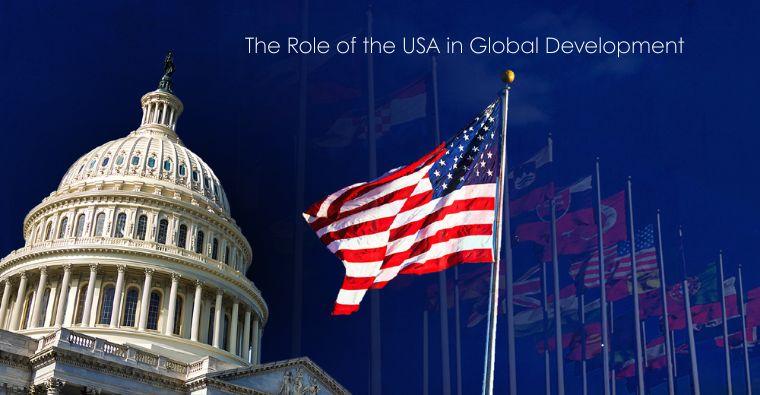Trump's approach emphasizes job creation and economic growth, pointing to his administration's pre-pandemic employment records and tax cuts. He often frames his policies as beneficial for businesses like McDonald's, which he argues can then provide more job opportunities and potentially higher wages for workers.
In contrast, Harris focuses on advocating for higher minimum wages, better working conditions, and stronger labor rights. Her message resonates with many McDonald's employees who have been at the forefront of the "Fight for $15" movement, pushing for a $15 hourly wage and union rights.
Both Trump and Harris are leveraging their platforms to connect with low-wage workers, highlighting their distinct visions for economic progress and worker support. McDonald's, with its vast workforce and iconic presence, serves as a potent symbol in this political contest.
This battle underscores the broader political strategies of both figures as they seek to sway a crucial segment of the electorate, demonstrating the growing importance of addressing income inequality and labor rights in contemporary American politics.




